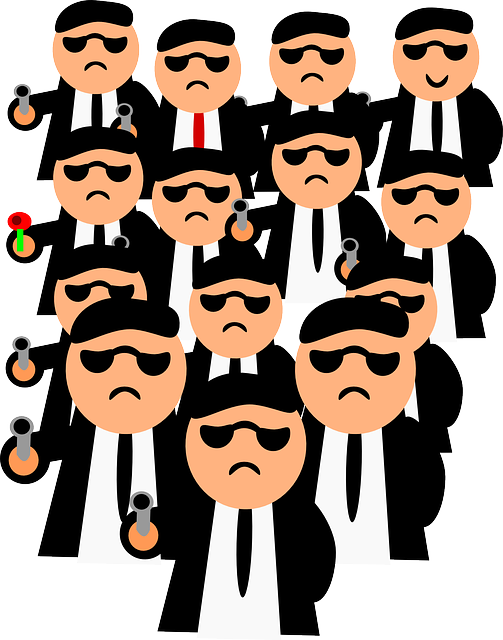nose [noun] [de neus, de neu-zen] 

Not a very exciting word, however there are many (many many) expressions involving the "neus", see the Examples and Expressions below. The word "neus" is also often used to denote the point or tip of an object, see the Examples. And there is also the verb "neuzen": to browse, nose about/round.
Examples:
– "Pardon, ik moet even mijn neus snuiten."
("Excuse me, I have to blow my nose.")
– "Ja dag! Dat ga ik jou niet aan je neus hangen!"
("Yeah right! As if I would ever tell you about that! / That is none of your business!" Lit. "I am not going to hang that to your nose!")
– "Wat is er?" – "O niks, alleen een beetje een bloedneus."
("What’s wrong?" – "Oh nothing, just a bit of a nosebleed." Lit. "blood nose.")
– "Ik heb slecht geslapen, de hele nacht een verstopte neus!"
("I slept really badly, all night long a stuffy nose!")
– "Sorry dat ik te laat ben, de trein reed vlak voor mijn neus weg!"
("My apologies for being late, I just missed the train!" Lit. "the train took off right in front of my nose".)
– "Draag je wel eens schoenen met stalen neuzen?"
("Do you ever wear steel-capped shoes?")
– "Zie ik daar een scheur?" – "Waar?" – "Daar bij de neus van het vliegtuig…"
("Is that a crack up there?" – "Where?" – "There, near the nose of the plane…")
– "Stop eens met in je neus te peuteren, dat is niet netjes!"
("Stop picking your nose, it’s not decent!")
Expressions:
– "Het neusje van de zalm": the cream of the crop, the crème de la crème.
– "Je neus in andermans zaken steken": to be nosy, to pry, to interfere with somebody else’s business.
– "Ergens een neus voor hebben": to have a good eye for something.
– "Iemand bij de neus hebben": to fool somebody.
– "Het komt mijn neus uit": I’m fed up (with it).
– "Doen alsof je neus bloedt": to pretend you are innocent / you don’t know what happened.
– "Een frisse neus halen": to get a breath of fresh air. Lit. "to get a fresh nose".
– "Met je neus kijken": to not look properly / to look for something with your eyes closed. Particularly applicable to men 😉
– "Je staat er met je neus bovenop": it’s right in front of you. Lit. "you are standing on it with your nose".
– "Iemand met zijn neus op de feiten drukken": to make someone face the facts. Lit. "to press somebody’s nose on the facts."
– "Iemand iets onder zijn neus wrijven": to rub someone’s nose in it, to accuse somebody of something.
– "Dat is een wassen neus": that is just for show / that is fake. A "wassen neus" is a "wax nose".
And then there are many more!
Related words:
– Reukorgaan: olfactory / nasal organ [noun] [het orgaan, de organen].
– Ruiken: to smell [verb] [rook, geroken].
– Snuiten: to blow one’s nose [verb] [snoot, gesnoten].
– Neuzen: to browse, nose around/about [verb] [neusde, geneusd]. You will also here "rondneuzen": to prowl / nose about.
Example:
– "Ik vind het heerlijk om rond te neuzen in tweedehands-platenwinkels."
("I really enjoy nosing around in second-hand record stores.")





 Another word for “boef” is “schurk”. The word “boef” however can also take on the meaning of “lawbreaker”. In both translations it is a bit of an old-fashioned word but there is an expression you should know about (see below). Also, the diminutive “boefje” can be used for naughty, mischievous children.
Another word for “boef” is “schurk”. The word “boef” however can also take on the meaning of “lawbreaker”. In both translations it is a bit of an old-fashioned word but there is an expression you should know about (see below). Also, the diminutive “boefje” can be used for naughty, mischievous children.